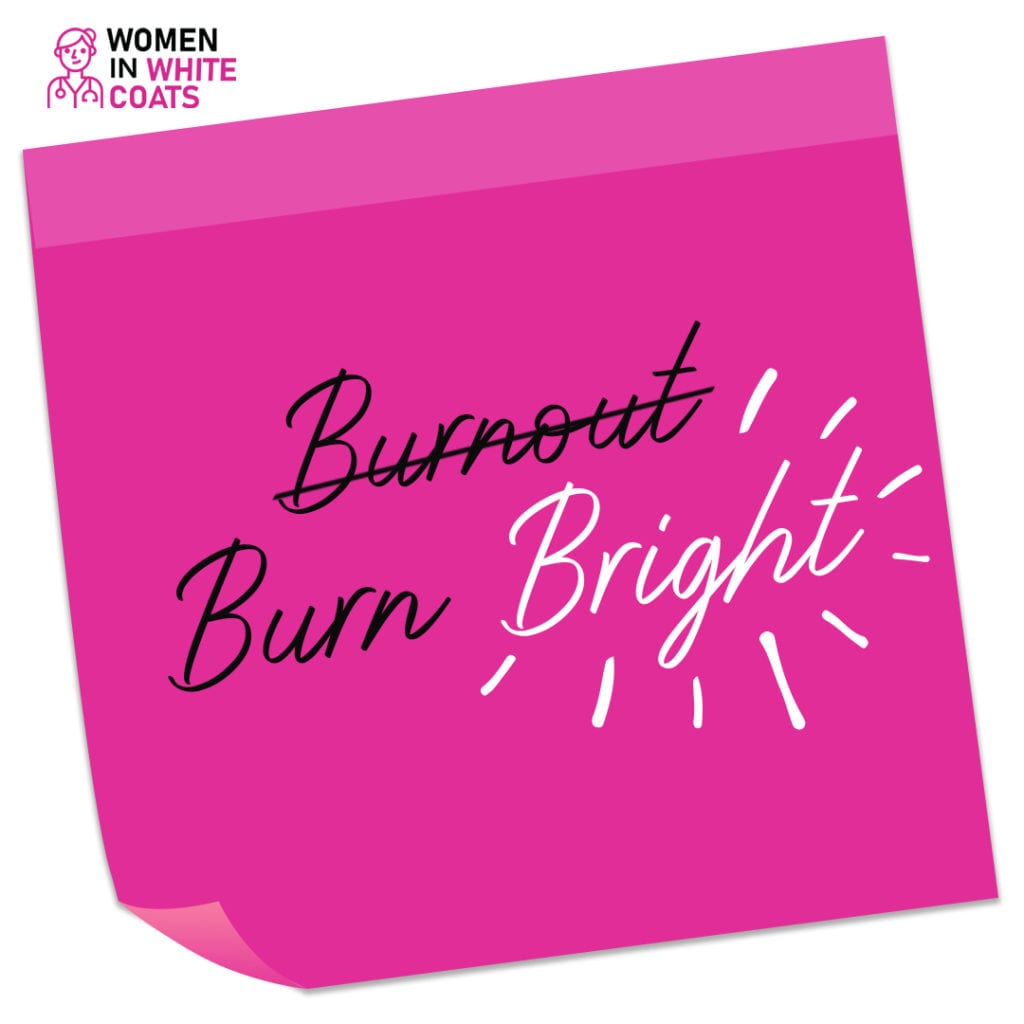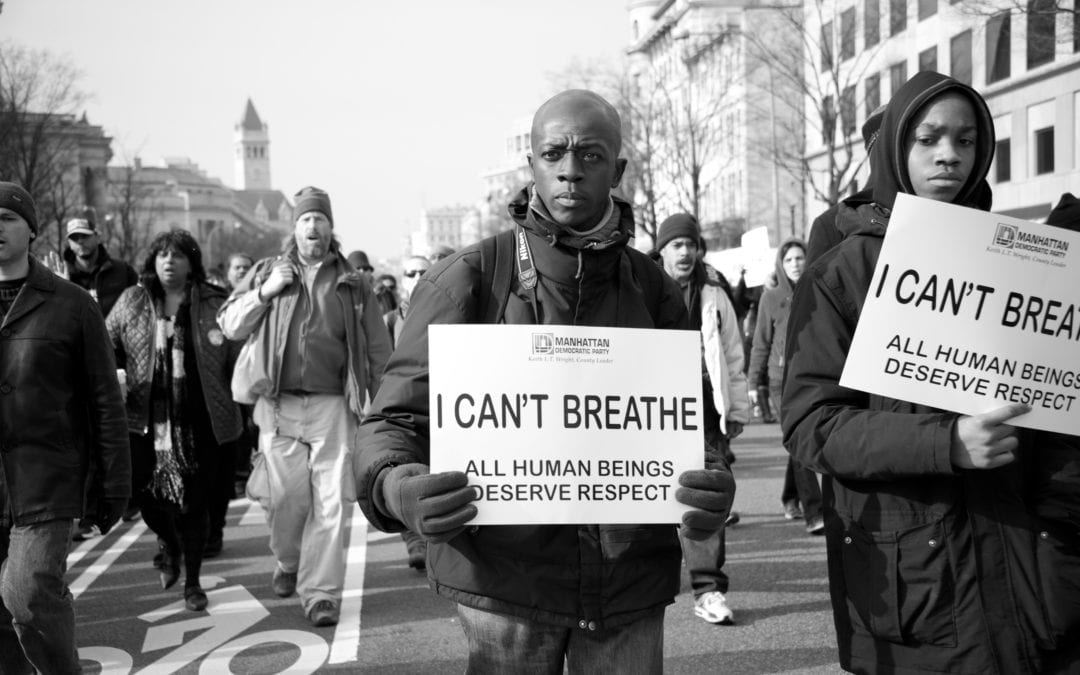The killing of George Floyd and other Black people in the U.S. breaks my heart, just like it does yours. I stand with those calling for compassion, reason, and equality across the country.
As a doctor, I was taught to protect ALL life. Those young and old, Black and white, male or female. They have equal value. The metrics we in healthcare use to measure success or failure are morbidity and mortality metrics, with the ultimate value being placed on all healthy life.
When I watch what happened to George Floyd, I see blatant disregard for the value of human life. That goes against everything I have been trained to do. And what instinctively kicks in for all people is the shared sense of pain, sorrow, and grief roaring out from the pointless violence we have seen far too often on American streets.
The question we all have to ask ourselves is simple: What if I was George Floyd? Or what if he was my child? My brother? Your father?
Racism and prejudice affect all of us. Perhaps in different ways and shades, but their affects are real, tangible, and devastating.
When I was coming up as a female physician, racism meant being mistaken many times for a nurse or a drug rep. Other people assumed I was the doctor who “trained abroad,” the implication being, “not as good.” I often found myself in the doctor’s lounge surrounded only by male colleagues, who didn’t think twice about making off-color comments, not realizing I was even present. All of this seemed somewhat normal and acceptable to me, as an early-career woman in medicine, since no one really seemed to speak out or address these problems.
But nothing compared to how me, my family, and friends from the South Asian community felt after 9/11. So many of us became victims of cruel, heartbreaking racism like we had never experienced before. I was “randomly selected” for more intense security assessments almost every time I took a flight. The men in my family shaved off their beards and reconsidered whether it was wise to wear a turban. In some cases, we were questioned and detained without cause by the police.
I did my training in Washington, D.C. and am a very proud George Washington University alumna. I still remember the day police detained me and my then-husband for “jogging without a driver’s license” a little “too close” to the Pentagon, where joggers routinely run.
There are so many stories, many much crueler, including senseless killings and violence that I rather not describe because they are, frankly, painful to even bring up. But a simple Google search might remind us all of that time period and the crisis that many in the South Asian community experienced. Many of us still deal with these injustices today.
I share all of this to remind us that we, you, or your family could be George Floyd. What if he was white? What if he was a woman? What if he was Asian? Would it change how you feel? How you would react?
George Floyd was Black, and that’s no doubt why he’s dead. But for those who think this is simply an African American issue or a police brutality issue, it’s more complicated. This is OUR issue. We can’t have a strong, civil society unless our Black neighbors are safe. Plus, tomorrow it could be your community—your gender, your skin color, your ethnicity—that is unfairly and unjustly victimized.
I know there are more good people than bad in the world. I am forever an optimist. But “if good men do nothing, that is evil enough.” And I have faith in you: my family, friends and colleagues. We flattened the curve on one of the most historic pandemics on the planet! We have been #InThisTogether for all this time. Let’s not give up now and divide U.S. into “us” and “them.” There is only us!

So, on that note, I’m so proud to see that my colleagues at the AMA, SHEA, and AHA have stood up for our Black neighbors and equality by speaking out against systemic racism and its impacts on public health.
“These ongoing protests give voice to deep-seated frustration and hurt and the very real need for systemic change,” says Rick Pollack, head of the AHA.
The AHA’s vision is of a society of healthy communities, where all individuals reach their highest potential for health … To achieve that vision, we must address racial, ethnic, and cultural inequities, including those in healthcare, that are everyday realities for far too many individuals. While progress has been made, we have so much more work to do.
Then SHEA said that, “The violent interactions between law enforcement officers and the public, particularly people of color, combined with the disproportionate impact of COVID-19 on these same communities, puts in perspective the overall public health consequences of these actions and overall health inequity in the U.S.”
AMA, meanwhile, said its policy, “recognizes that physical or verbal violence between law enforcement officers and the public, particularly among Black and Brown communities where these incidents are more prevalent and pervasive, is a critical determinant of health and supports research into the public health consequences of these violent interactions.”
Racism is a public health problem. Everyone, including we who work in healthcare, must help cure this disease. It has infected our country, and the clinical outcomes are devastating. Now more than ever, let’s be the action. This is an election year. Vote, vote, vote. Vote in federal elections. Vote in state elections. Vote in county and city elections. Please, get out and vote for a better, more just world. Don’t let this be a passing phase or emotion. Remember how this made you feel and do something positive, productive, and peaceful about it!
#BeTheChange
Chief Medical Officer Dr. Geeta Nayyar is a nationally recognized leader in health information technology, bringing the physician’s perspective to Greenway’s services and solutions. She was also a 2019 Women in White Coats Hero.




